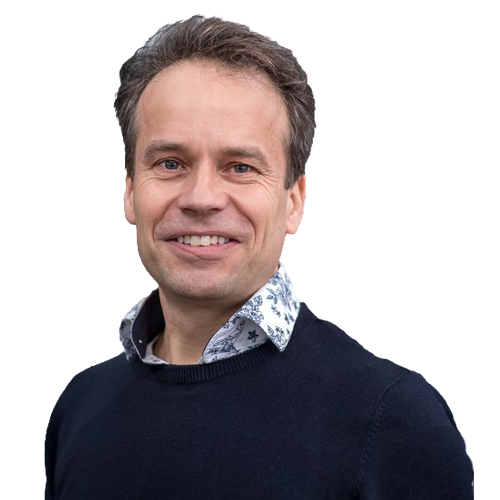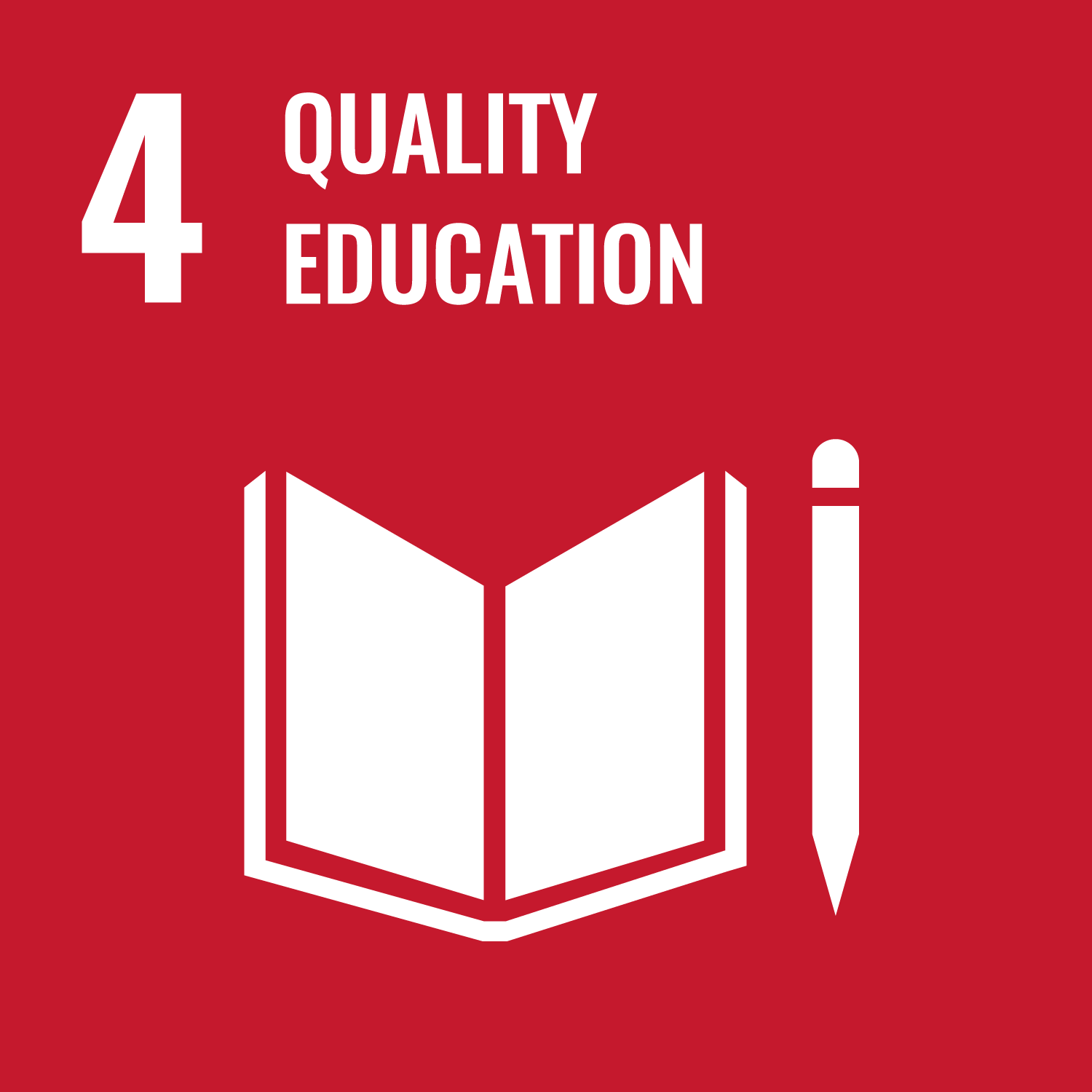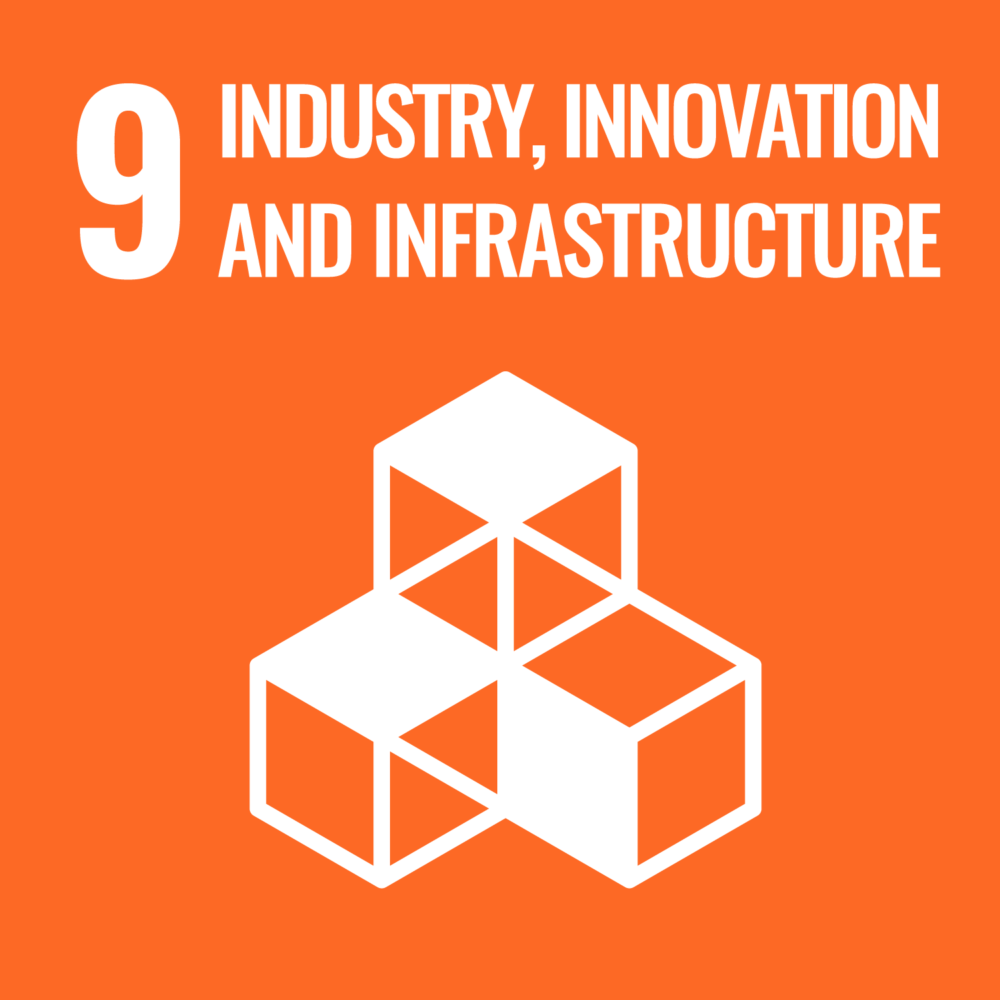A game change in continuous biosensing: Molecularly engineered affinity-based nanoswitches for personal monitoring
Generic technology that allows continuous sensing of a wide range of biomolecular parameters could revolutionise patient monitoring and enable truly personalised therapy. Commercial sensors are available for continuous monitoring of glucose, but do not exist for other molecules that are important for monitoring disease status and treatment effect, including peptides, proteins, hormones, and drugs. The ambition of CONSENSE is to provide a game change in continuous biomolecular sensing by combining advanced molecular engineering with tailored optical detection technologies to yield generic, affinity-based biosensing technologies.
CONSENSE will focus on the construction of biomolecular nanoswitches that translate molecular binding into robust and well-defined conformational changes at length scales that can be detected by selected optical detection methods, providing unique possibilities to distinguish between specific and nonspecific binding. While the applications for this new technology are wide and varied, within CONSENSE we will focus on immune monitoring in critical care settings, where patients have an urgent need for continuous monitoring related to inflammation and immunotherapy.
CONSENSE brings together internationally leading pioneers in biomolecular switch engineering with research groups that have an excellent track record in biosensor development using advanced optical approaches, including two high-tech companies that have spun out from these groups. The consortium is completed by a strong network of partner industries and organisations, including four large medical technology companies, clinical experts, and seven SMEs providing specific technological expertise and training. The consortium will provide exceptional training to 15 ESRs, allowing them to develop professionally and perform world-class research that will fundamentally advance the field of continuous biomolecular monitoring for healthcare.
This project contributes to the UN Sustainable Development Goals (SDGs) 3, 4 and 9.
Coordinator:Technische Universiteit Eindhoven, NL
Partners:
- Aarhus Universiteit, DK
- Ecole Politechnique Federale de Lausanne, CH
- Katholieke Universiteit Leuven, BE
- Max-Planck-Gesellschaft zur Foerderung der Wissenschaften EV, DE
- FOx Biosystems N.V., BE
- Helia Biomonitoring B.V., NL
- Stichting Radboud Universiteit, NL
- Universitaet Bayreuth, DE
- accelopment Schweiz AG, CH





